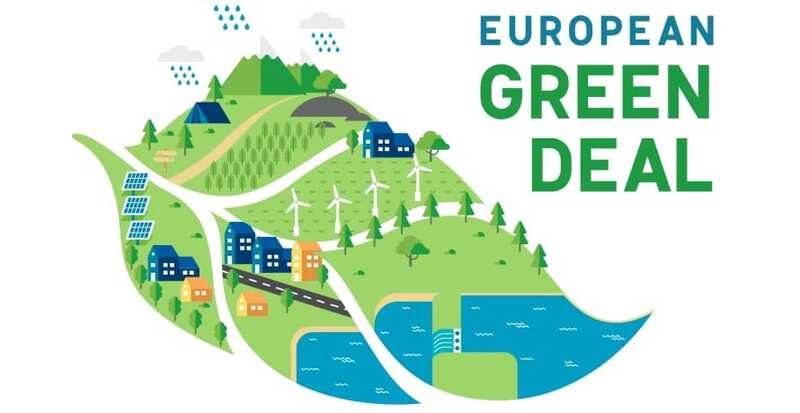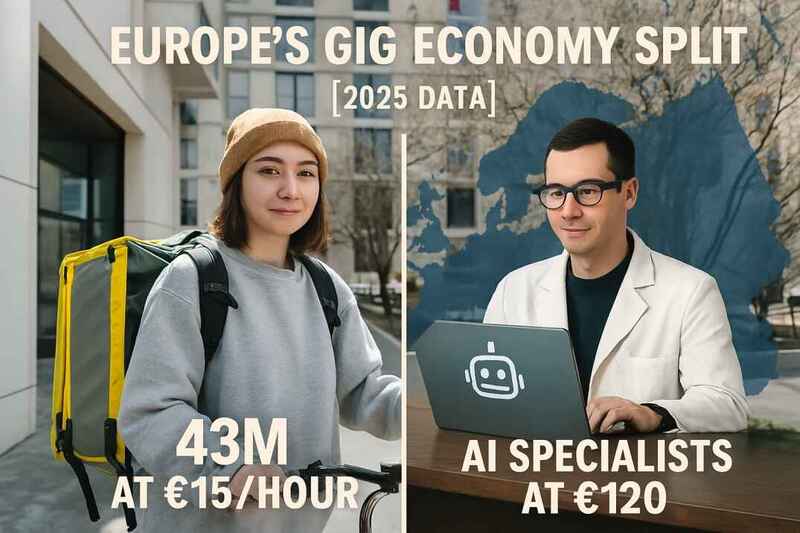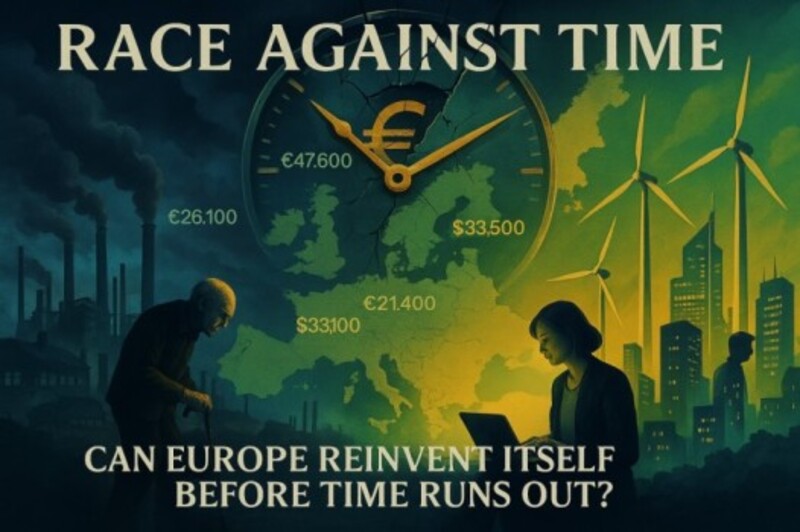 Europe's Plan for Clean Energy as it signs Clean Industrial Pact. Photo Credits: Wetransform
Europe's Plan for Clean Energy as it signs Clean Industrial Pact. Photo Credits: Wetransform
Unveiling Europe's Clean Industrial Pact: A Game Changer For Green Industries
Europe’s Transition from Fossil Fuels to Clean Energy
The European Union has relied heavily on fossil fuels as part of the energy mix for more than two decades since 1990 in supporting the energy infrastructure in Europe. Some of the examples of fossil fuels that Europe has relied on are coal, oil, natural gas, and lignite. However, reliance on fossil fuels in Europe as of the year 2024 has dropped by 11.5% since 1990 due to more innovations in clean energy.
Strengths of Europe’s Clean Industrial Pact
One of the package strengths of Europe’s clean industrial pact is a vision for lower energy and a deal with the European Investment Bank to fund small and medium-sized enterprises. Its new emissions-cutting strategy will address six priority areas: energy price and security, financing, recycling, and raw materials essential to the energy industry, labor and skills, lead markets, and international action.
Emissions Reduction Goals and Sustainability
The strategy aims to reduce significantly greenhouse gas emissions to meet its target of a 55% reduction in net greenhouse gas emissions by 2030 as compared to the targets of 1990. A reduction in greenhouse gas emissions would ensure a more sustainable economy and a transition to a low-carbon economy in the quest to avert climate change and improve environmental well-being.
Collaboration for Innovation and Competitiveness
Besides economic gain, the clean industrial deal centers on governments, industries, and research institutions collaborating to trigger innovation and good practices in sustainability to ensure European industry competitiveness in transitioning to a cleaner economy.
Historical Programs Enhancing Europe’s Industrial Base
The EU has, over the years, implemented numerous programs that worked to enhance its industrial base. For example, the Accelerating Clinical Trials in the EU (ACT EU) initiative, launched in January 2022, granted a wholesome environment for life sciences research and development. It aimed to harmonize and update clinical trials, promoting the development of high-quality, safe, and efficient medicines.
The ACT EU program capitalized on the momentum of the Clinical Trials Regulation (CTR) and the launch of the Clinical Trials Information System (CTIS) in early 2022, which transformed the initiation and conduct of clinical trials. Besides, the European Green Deal to make Europe the world's first climate-neutral continent by 2050 includes provisions for reducing greenhouse gas emissions, clean energy, and green growth of the circular economy.
Financing Clean Energy Innovations
Financing is at the core of the clean energy deal with emphasis on the Innovation Fund, which started operations in 2020 to support innovations in clean energy aimed at net zero emissions. Europe could also rely on The World Trade Organization (WTO) to provide finance for clean energy innovations that require heavy investments.
Europe in its industrial clean pact would continue to rely on its plan of RePowerEU which has mobilized around €300 billion in saving energy, diversifying energy supplies, and producing clean energy. The modernization fund through the Emissions Trading System in Europe has set around $14 billion to support clean energy systems and modernize such systems, especially in countries with a low GDP in the region.
Challenges Facing Europe’s Clean Industrial Pact
However, despite the strength of the Clean Industrial Pact, several issues can arise. Compared to the rest of the world, Europe experiences the highest energy prices with countries such as Germany, Italy, and Denmark being hit the most. This would highly impact the competitiveness of European industries compared to the rest of the global industries. Europe must therefore identify avenues geared toward reducing the high energy cost, to encourage clean energy solutions that would accelerate targets of net zero emissions.
The investment environment could be insensitive enough not to induce intensive clean technology development, with state funding lagging behind market needs. European industries will continue to face brutal competition from China, which provides huge subsidies ($675 billion in 2024 alone) to innovations in clean energy and the United States ($97 billion through Bipartisan Infrastructure Law and the Inflation Reduction Act, each with its policies and incentives for clean technology.



